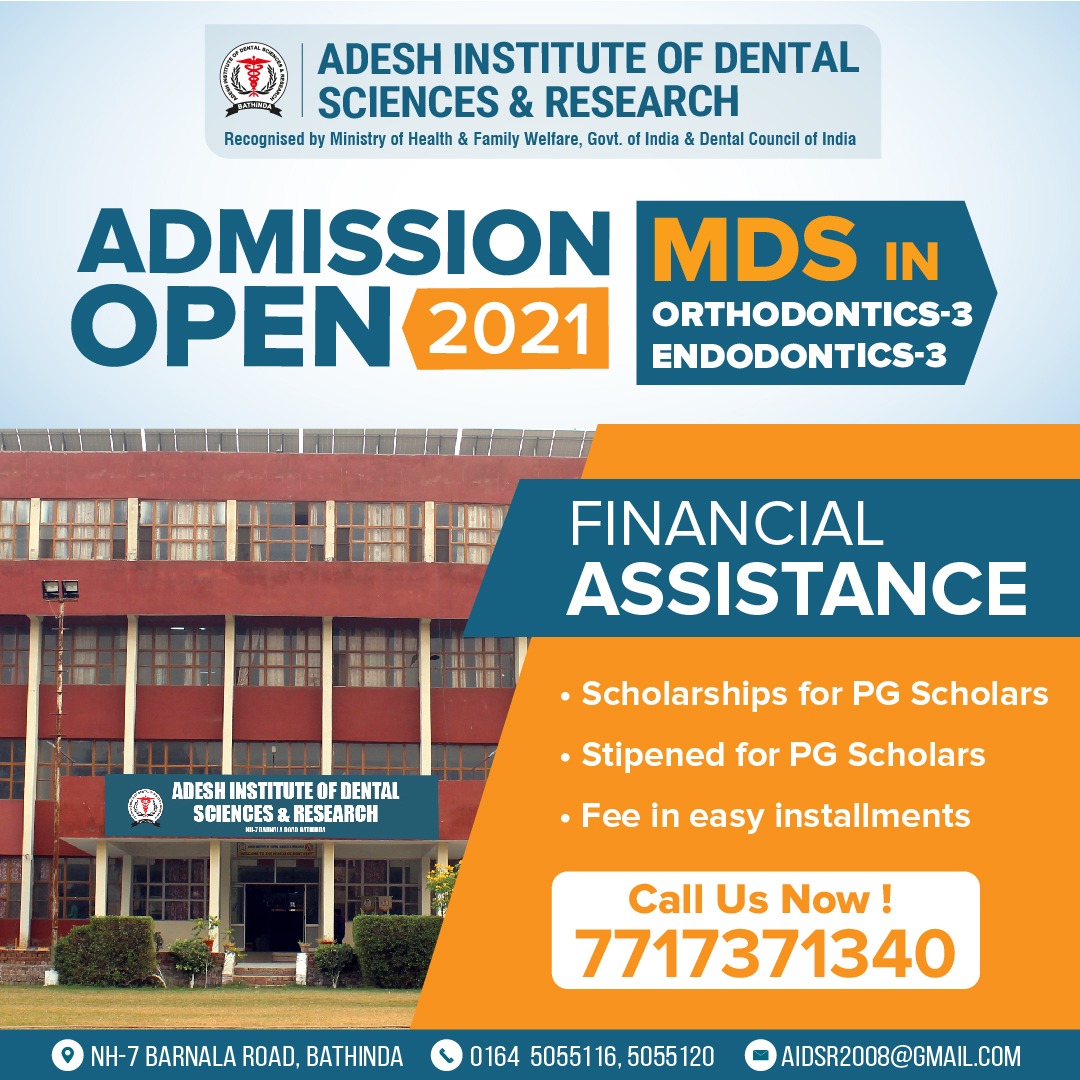About Post Graduate Diploma in Emergency Medical Services (PGDEMS) Course Here are the details of Post Graduate Diploma in Emergency Medical Services (PGDEMS) Course including duration, Eligibility, Admission Criteria, Fees and Syllabus. This program train doctors & nurses in the field of Emergency Medical Services, focusing on pre-hospital care and create awareness and new services in the society. Duration:- 1 year Eligibility:- MBBS, BDS, BHMS, BAMS, BNYS,BUMS, BPT, BSc. Nursing, BSc. Emergency Care & Trauma Care & Technology or its Equivalent, Admission Procedure:- Based on marks in Qualifying Examination followed by Personal Interview. Medium of Instruction:- English Fees:- Rs.30,000/- Placement: Yes Fees:Rs.30,000/- Seats: 20 Course Syllabus Module 1: Preparatory EMS System - Roles and Responsibilities The Well - being of the EMP Injury Prevention Medical / Legal and Ethical Issues Overview of Human systems General Principles of Pathophysiology Pharmacology Venous Access and Medication Administration Therapeutic communications Module 2 : Patient Assessment History taking Techniques of Physical Examination Patient Assessment Clinical Decision Making Communication & Documentation Module 3 : Airway Management and Ventilation Airway Management and Ventilation Module 4 : Trauma Trauma Systems and Mechanism of Injury Hemorrhage and Shock Soft tissue trauma Head and facial trauma Spinal, Thoracic and Abdominal trauma Musculoskeletal trauma Module 5 : Medical Pulmonary, Cardiology, Neurology and Gastroenterology Endocrinology, Urology/ Renal Allergies and Anaphylaxis & Hematology Toxicology and Environmental Conditions Gynecology & Obstetrics Infectious and Communicable Diseases Behavioral and Psychiatric Disorders Module 6 : Special Considerations Neonatology & Pediatrics Geriatrics, Abuse & Neglect Patients with Special Challenges Module 7 : Assessment - Based Management Assessment - Based Management Module 8 : Operations Ambulance operations Medical Incident Command Rescue Awareness and Operations Hazardous Materials Incidents Crime Scene Awareness COURSE OBJECTIVE: To attain proficiency in attending all medical emergencies To keep updated about all the current protocols in diagnosing and treatment of all medical and surgical emergencies To implement ten minutes and golden hour concept To act as first responder in an event of mass disaster and provide medical relief in prehospital setting COURSE OVERVIEW: Course covers introduction to the field of emergency medicine and understanding of preclinical subjects like anatomy and physiology from the perspective of emergency medicine. Student shall be trained to be able to perform skilfully in emergency department of any hospital. The course curriculum includes Basic Life Support (BLS), Advanced Cardiac Life Support (ACLS), Pediatric Advanced cardiac life support (PALS) based on guidelines of American Heart Association (AHA). Also students will be trained for traumatic emergencies based on International Trauma Life Support (ITLS) guidelines. Apart from these the student will be made acquainted to all branches of emergency medicine such as Toxicology, Gynaecological and obstetric, Endocrinal, Pulmonary, Haematological, Abdominal, Neurological, Urological, Infectious Disease, Environmental emergencies, Disaster Management and Pharmacology of drugs used frequently in Emergency Department. The curriculum also trains students on skills necessary for performance in Emergency Department like understanding of ECGs, Intubation and ventilator support, ABG analysis and much more. EXAMINATION: Modular tests shall be conducted at the end of each module. Final examination will be conducted at the end of 9 months. The examination pattern will be MCQ based as well as students shall be evaluated on their skill performance; such that 100 questions will be based on emergency medicine (EMS) and 50 questions will be based on pharmacology and skill performance on 6 skill stations. 60% are mandatory for passing in modular examination. 75% marks are mandatory for passing in both skills and theory.



